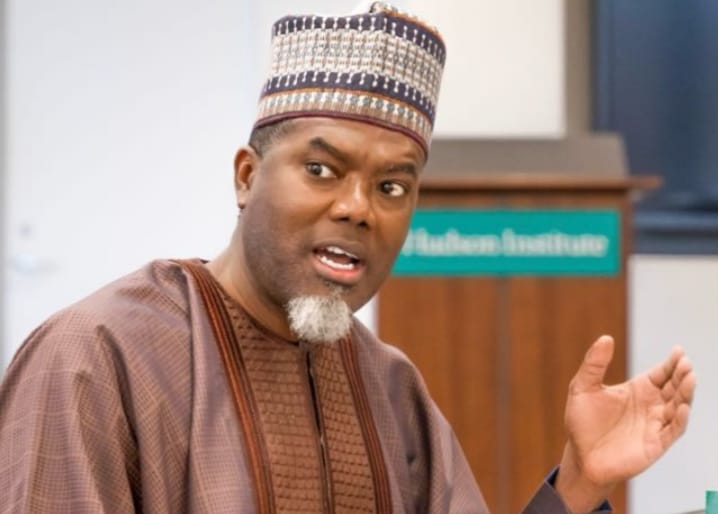Entertainment
The True Reason Behind Bobrisky’s Arrest Revealed – Reno Omokri

The recent events involving Bobrisky in Nigeria highlight the country’s strategic decision-making in comparison to other nations, showcasing a level of sophistication in governance.
The Nigerian government’s approach to addressing the issue of cross-dressing while being cautious of potential backlash from Western powers demonstrates a nuanced understanding of international relations and diplomacy.
Nigeria’s focus on economic recovery following years of financial challenges under General Buhari’s administration underscores the importance of avoiding controversial issues that could jeopardize progress.
In contrast, Ghana’s recent legislation targeting LGBTQ rights and cross-dressing faced swift opposition from influential groups in liberal Western countries, highlighting the potential consequences of such actions on international partnerships and financial support.
General Buhari’s team demonstrated their competence by enlisting the services of David Axelrod, who had previously advised both Obama and the LGBTQ movement in America. They strategically spread the message that if Buhari received support from Western powers to become president, he would work against the anti-gay marriage laws signed by their opponent, Jonathan. In my book, Facts Versus Fiction: The True Story of the Jonathan Years, I provide concrete evidence of this.
The Tinubu administration faced a challenging situation regarding Bobrisky, a cross-dresser, but handled it with finesse. They cleverly avoided focusing on his cross-dressing by charging him with violating a law against Naira abuse. Despite being a first-time offender and pleading guilty, Bobrisky was sentenced to six months in prison, highlighting the administration’s strategic approach.
The administration’s tactic of scapegoating Bobrisky proved effective, as his arrest led to a decrease in the visibility of other cross-dressers in the media. Previously, these individuals were frequently featured on blogs and social platforms, but they have since retreated from the spotlight. The administration’s handling of the situation showcased alternative methods to achieve desired outcomes without attracting negative attention or repercussions.
By addressing the issue of cross-dressing through legal means unrelated to gender identity, the Tinubu administration successfully curbed the practice without risking economic sanctions or diplomatic fallout. This approach contrasts with the experiences of countries like Uganda and Hungary, which faced international consequences for similar policies. The administration’s actions have effectively reduced the prevalence of cross-dressing in Nigeria while avoiding negative repercussions on a larger scale.
